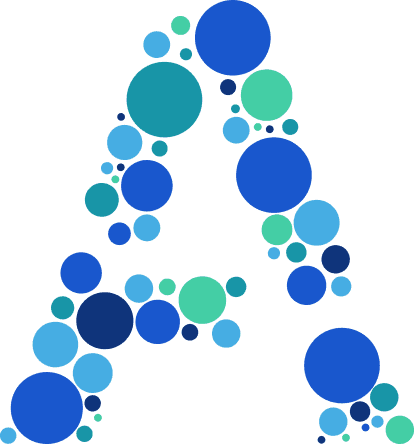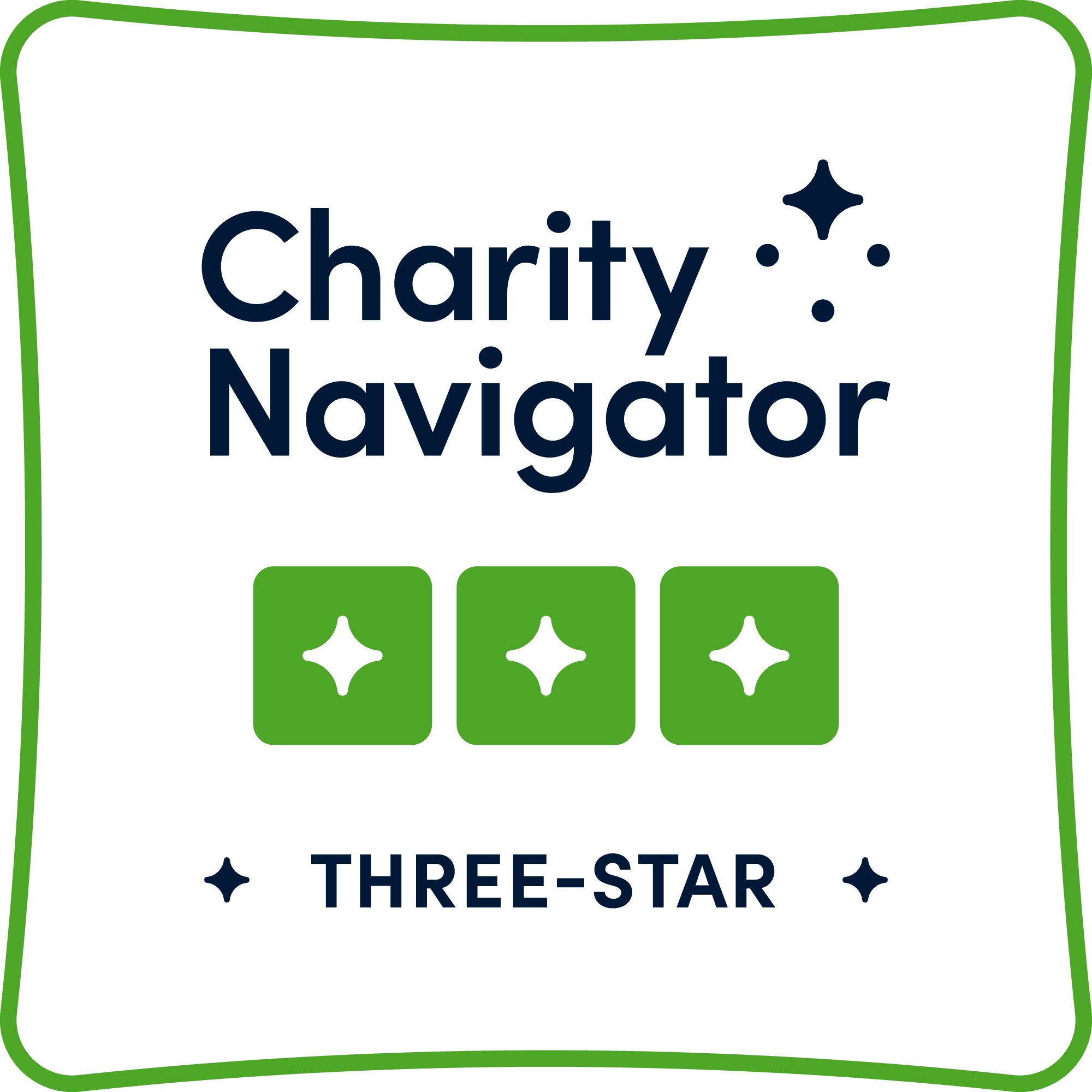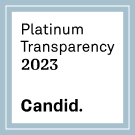The Jensen Project Partnership: Building a National Data Infrastructure to Combat Trafficking
Aug 1, 2025
When The Jensen Project launched their GrantTank initiative, they were looking for organizations addressing root causes and systemic gaps in the fight against sex trafficking. Today, we're honored to announce that Allies Against Slavery has been selected as a 2025 Grant Tank recipient, building upon our initial Grant Tank partnership in 2023.
This partnership represents a fundamental shift in how the anti-trafficking field operates: from isolated efforts to coordinated intelligence sharing, from reactive responses to data-driven prevention.
Why This Partnership, Why Now
The Jensen Project's decision came down to several factors: Allies’ existing partnerships and research foundation, our team's proximity to populations needing help, organizational health, and trust in leadership. But perhaps most importantly, they recognized that we're approaching an inflection point.
Most anti-trafficking organizations face the same challenges. They struggle to access reliable data. When they do get data, they struggle to translate it into actionable intelligence. And even with good intelligence, they struggle to coordinate effectively across agencies and sectors.
We believe these aren't three separate problems—they're one interconnected challenge that requires a systematic solution.
Our Approach: Three Interconnected Initiatives
Building a Collaborative Data Ecosystem
The anti-trafficking field has brilliant, dedicated professionals working across law enforcement, healthcare, education, and social services. But too often, their valuable insights remain trapped in organizational silos.
We're working to change that by coordinating a network of national partners to establish shared data standards. This involves organizing working groups focused on data governance, implementation, and sustainability. We're creating a national charter for collaboration—essentially a shared playbook for how organizations can work together while respecting privacy, security, and organizational autonomy.
We'll also pilot projects to test these standards in real-world conditions, learning what works before scaling nationally.
Scaling the Lighthouse Platform
Lighthouse has already proven its value in Texas, Louisiana, and Florida. Now we're preparing for national expansion by strengthening the platform's capabilities.
We're integrating new data sources that will provide a more complete picture of trafficking patterns. This includes demand-side data from partners like Epik Project and the University of Alabama—crucial information that's often missing from traditional anti-trafficking databases.
We're also developing AI models to identify patterns that might escape human analysis. These tools will augment the capabilities of professionals who are already stretched thin, enhancing rather than replacing human judgment.
And we're enhancing our dashboards and visualizations, making complex data patterns immediately understandable for users who don't have time to become data scientists.
Producing Research That Drives Action
Data without application is just numbers. That's why the third pillar of our initiative focuses on translating insights into impact.
Our State Human Trafficking Report will continue to provide comprehensive analysis for policymakers and practitioners. But we're also developing new formats: rapid-response micro-reports that address emerging issues, targeted letters to legislators on behalf of advocacy partners, and strategic dissemination through webinars, media channels, and direct stakeholder engagement.
Our goal: equip leaders with the evidence they need to make better decisions and allocate resources more effectively.
What Success Looks Like
With The Jensen Project's support, we envision three key outcomes:
First, we'll help establish a culture of data collaboration across the anti-trafficking field—where sharing data becomes standard practice rather than an exception.
Second, we'll expand access to actionable data by growing the Lighthouse platform and incorporating new datasets that reveal previously hidden patterns.
Third, we'll empower evidence-based decision-making by delivering research that's both rigorous and accessible, helping leaders at all levels make informed choices.
The Road Ahead
This one-year project is ambitious, and we don't underestimate the challenges ahead. Aligning data standards across diverse organizations, building trust for intelligence sharing, and creating sustainable systems all require patience, persistence, and genuine partnership.
But we've seen what's possible when organizations work together effectively. And with The Jensen Project's partnership—along with our network of committed partners—we're ready to build the data infrastructure the field needs.
Visit www.alliesagainstslavery.org to learn more about our work and explore partnership opportunities.



